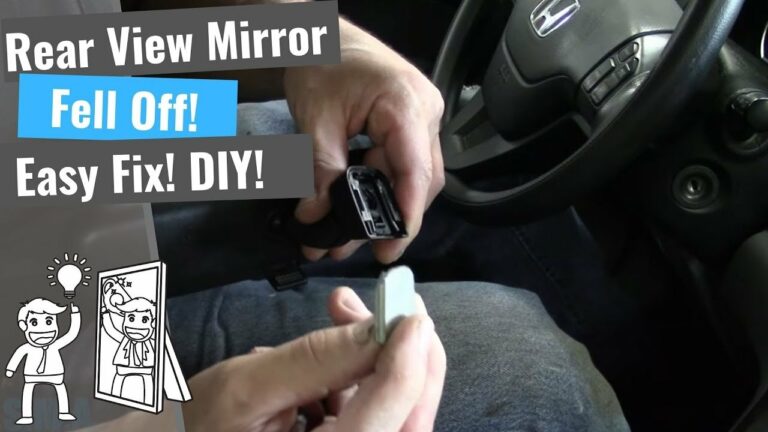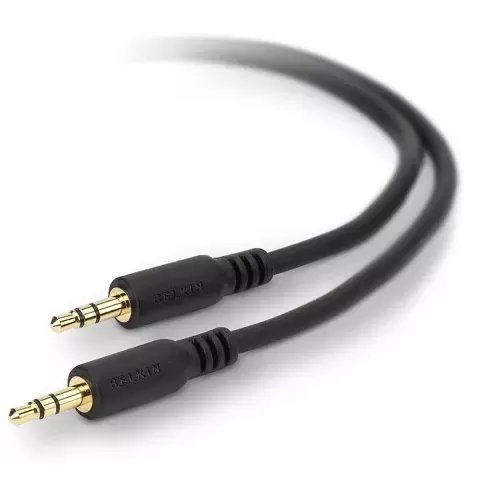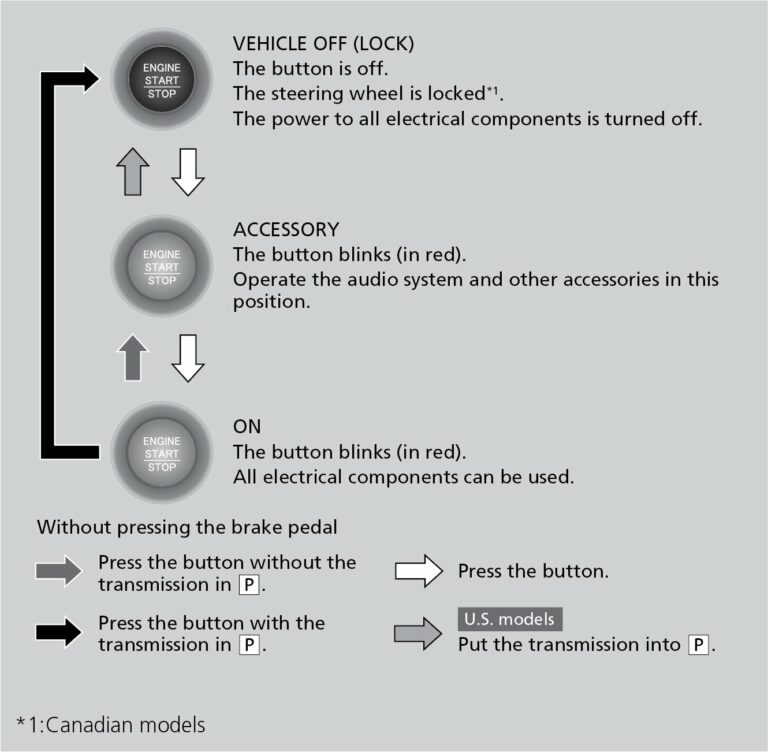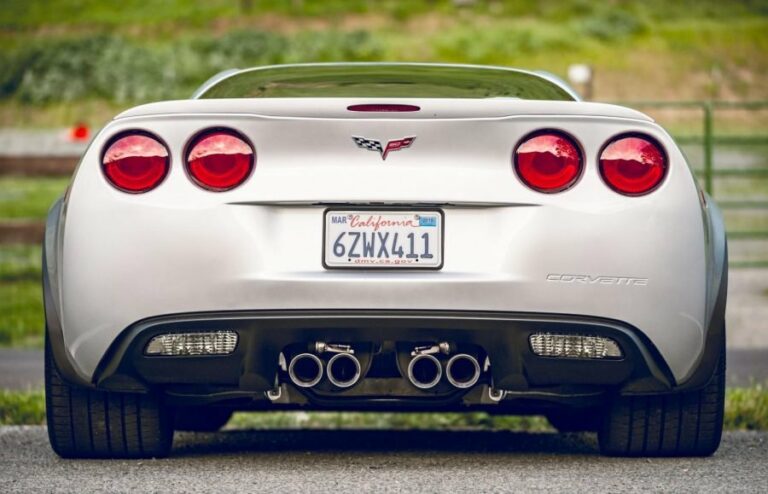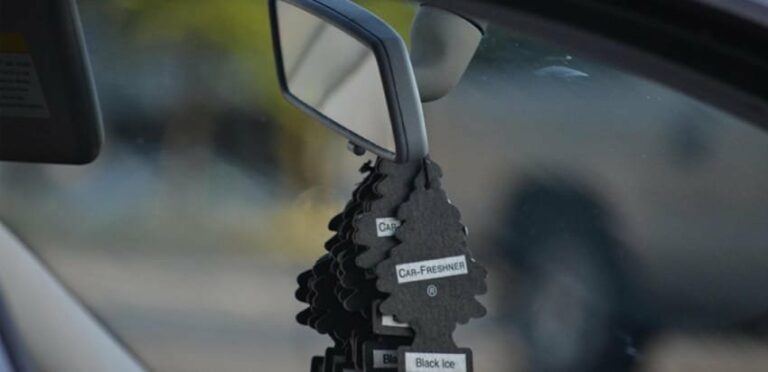Why Car Speakers Sound Bad At High Volume: Unveiling The Culprits
Why Car Speakers Sound Bad At High Volume? If you’ve asked yourself, “Why do my car speakers sound bad at high volume?”—we’ve got the solution for you.
High volume distortion in car speakers can be a frustrating problem, but fear not, as there are several reasons why this may be happening, and even some simple fixes you can try.
In this article, we’ll delve into the common culprits behind poor sound quality at high volumes and guide you towards achieving crystal-clear audio bliss. Let’s get started!
Why Do My Car Speakers Sound Bad at High Volume?
When it comes to enjoying your favorite music while driving, having high-quality car speakers is essential. But what happens when your car speakers start sounding bad at high volume? Distorted audio, crackling sounds, or even complete speaker failure can be frustrating and detract from the overall listening experience. In this article, we will delve into the reasons why your car speakers may sound bad at high volume and explore possible solutions to improve their performance.
1. Power Handling Capacity
The power handling capacity of your car speakers plays a crucial role in determining how they perform at higher volumes. If your speakers are not designed to handle the power output from your car stereo, they may start distorting or producing poor-quality sound when pushed to their limits. Here are a few factors that can affect power handling capacity:
Speaker Sensitivity
Speaker sensitivity refers to how efficiently a speaker converts power into sound. It is measured in decibels (dB) and indicates how loud the speaker will be at a given power input. Speakers with higher sensitivity ratings can produce louder sounds without distortion, even with low-powered amplifiers. On the other hand, speakers with lower sensitivity require more power to achieve the same volume, increasing the risk of distortion at high volumes.
Amplifier Power Output
An amplifier provides the necessary power to drive your car speakers. Using an amplifier with a power output that exceeds the speaker’s power handling capabilities can lead to distortion and potentially damage the speakers. Conversely, a low-powered amplifier might struggle to deliver sufficient power, causing the speakers to sound weak and distorted at high volumes. Matching the amplifier’s power output to the speaker’s recommended power range is essential for optimal performance.
Speaker Quality
The overall build and quality of your car speakers can significantly impact their performance at high volumes. Higher-quality speakers are typically built with better materials, advanced technologies, and more robust construction. They can handle higher power inputs without distorting, ensuring cleaner and more detailed audio reproduction. Investing in speakers from reputable brands known for their sound quality can make a noticeable difference in your listening experience.
2. Distortion
Distortion is one of the most common issues encountered when car speakers are pushed to their limits. It occurs when the speaker fails to accurately reproduce the audio signal, resulting in a distorted or altered sound. Here are a few reasons why distortion may occur:
Overdriving the Amplifier
When you crank up the volume knob on your car stereo, it increases the input signal sent to the amplifier. If you turn the volume up too high, you risk overdriving the amplifier, causing clipping. Clipping occurs when the amplifier attempts to deliver more power than it is capable of, leading to distorted sound. Overdriving the amplifier can damage the speakers as well.
Speaker Cone Movement
At high volumes, the movement of the speaker cones becomes more pronounced. If the cone movement exceeds the design limitations of the speaker, it can result in distortion. This can happen when the speaker is pushed to produce low frequencies (bass) that require a larger cone excursion.
Speaker Placement and Enclosure
The placement and enclosure of your car speakers can also contribute to distortion. Improperly installed speakers or enclosures that are not designed for optimal sound reproduction can cause interference and resonance issues. These problems can manifest as distorted sound, especially at high volumes.
3. Equalization and Sound Settings
The equalization settings on your car stereo can significantly impact the sound quality at different volume levels. Adjusting the EQ settings may help alleviate some of the issues you’re experiencing at high volumes. Here are a few considerations:
Boosted Bass Levels
Excessive bass levels can overpower the rest of the audio spectrum, causing distortion and muddiness. If your car stereo has bass boost settings or an equalizer, try reducing the bass levels to achieve a balanced sound. This adjustment can help prevent the speakers from sounding bad at high volumes.
Treble and Midrange Adjustments
Fine-tuning the treble and midrange frequencies can also enhance the overall sound quality, especially when listening at high volumes. Experimenting with these settings can help reduce distortion and improve clarity. However, avoid pushing the treble settings too high, as it may introduce harsh and piercing sounds.
4. Speaker Age and Wear
As speakers age or experience wear and tear, their performance can deteriorate, particularly at higher volumes. Over time, the speaker components may become less responsive, affecting their ability to accurately reproduce sound. Here are a few factors to consider:
Cone Degradation
The speaker cone, usually made of paper, plastic, or a composite material, can degrade over time due to exposure to sunlight, temperature changes, and general wear. As the cone deteriorates, it becomes less rigid, leading to reduced sound quality and potential distortion at high volumes.
Worn-out Surrounds
The speaker surround, which connects the outer edge of the cone to the speaker frame, can deteriorate and lose its flexibility over time. A worn-out surround can limit the cone’s movement, compromising the speaker’s ability to reproduce sound accurately and causing distortion at high volumes.
5. Solutions to Improve Speaker Performance
If your car speakers sound bad at high volume, there are several steps you can take to enhance their performance and audio quality. Here are a few solutions worth considering:
Upgrade Your Speakers
Investing in high-quality, aftermarket speakers designed to handle higher power outputs can significantly improve your listening experience. Look for speakers with a higher sensitivity rating and ensure they are properly matched to your amplifier’s power output.
Add an Amplifier
Adding a separate amplifier to your car audio system can provide cleaner and more powerful sound reproduction. A dedicated amplifier can deliver sufficient power to your speakers without straining your car stereo’s built-in amplifier, reducing the risk of distortion.
Optimize Speaker Placement
Improper speaker placement can negatively affect sound quality. Consider consulting a professional or referring to your car’s manual to determine the best placement options for your speakers. Additionally, using speaker enclosures specifically designed for your car model can help minimize distortion.
Adjust EQ Settings
Experimenting with the equalizer settings on your car stereo can help fine-tune the sound and reduce distortion at high volumes. Make small adjustments to the bass, treble, and midrange frequencies until you achieve a balanced sound that suits your preferences.
Replace Aging Speakers
If your speakers are old or damaged, replacing them may be the most effective solution. New speakers can breathe new life into your car audio system, providing clearer, more detailed sound even at high volumes.
Why Do My Speakers Sound Bad at High Volume? | Car Audio Q & A
Frequently Asked Questions
Why do my car speakers sound bad at high volume?
There could be several reasons why your car speakers sound bad at high volume:
1. Poor speaker quality
If your car speakers are of low quality or degraded, they may not be able to handle the high volume levels, resulting in distortion and poor sound quality.
2. Insufficient power supply
If your car audio system does not have enough power to support high volume levels, the speakers may struggle to produce clear and distortion-free sound, leading to a bad listening experience.
3. Improper speaker installation
If the speakers are installed incorrectly or not properly aligned, it can affect their performance at high volume levels, resulting in distorted sound and reduced clarity.
4. Audio source quality
The quality of the audio source, such as a low-bitrate mp3 file or a poor radio reception, can also contribute to bad sound quality at high volume. Low-quality audio will be more noticeable when played at higher volumes.
5. Overdriving the speakers
If you consistently play your speakers at maximum volume levels or exceed their recommended power limits, you may be overdriving the speakers, which can cause damage and result in poor sound quality.
6. Acoustic environment
The acoustic environment inside your car, such as excessive road or engine noise or reflective surfaces, can affect the overall sound quality at high volumes.
7. Equalizer settings
If your car audio system’s equalizer settings are not properly adjusted, it can result in imbalanced sound reproduction, leading to poor sound quality at high volumes.
Final Thoughts
In conclusion, the issue of car speakers sounding bad at high volume can be attributed to several factors. One reason is the distortion that occurs when the speakers are pushed beyond their limits, resulting in a poor audio quality. Another factor is the lack of power or wattage in the amplifier, causing the speakers to struggle to produce clear and loud sound. Additionally, poor speaker quality or damaged components can also contribute to the problem. To resolve this issue, it is important to ensure that the speakers are of high quality, the amplifier is powerful enough, and that the volume is kept within the speakers’ recommended range. By addressing these factors, one can enjoy better sound quality even at high volumes.


